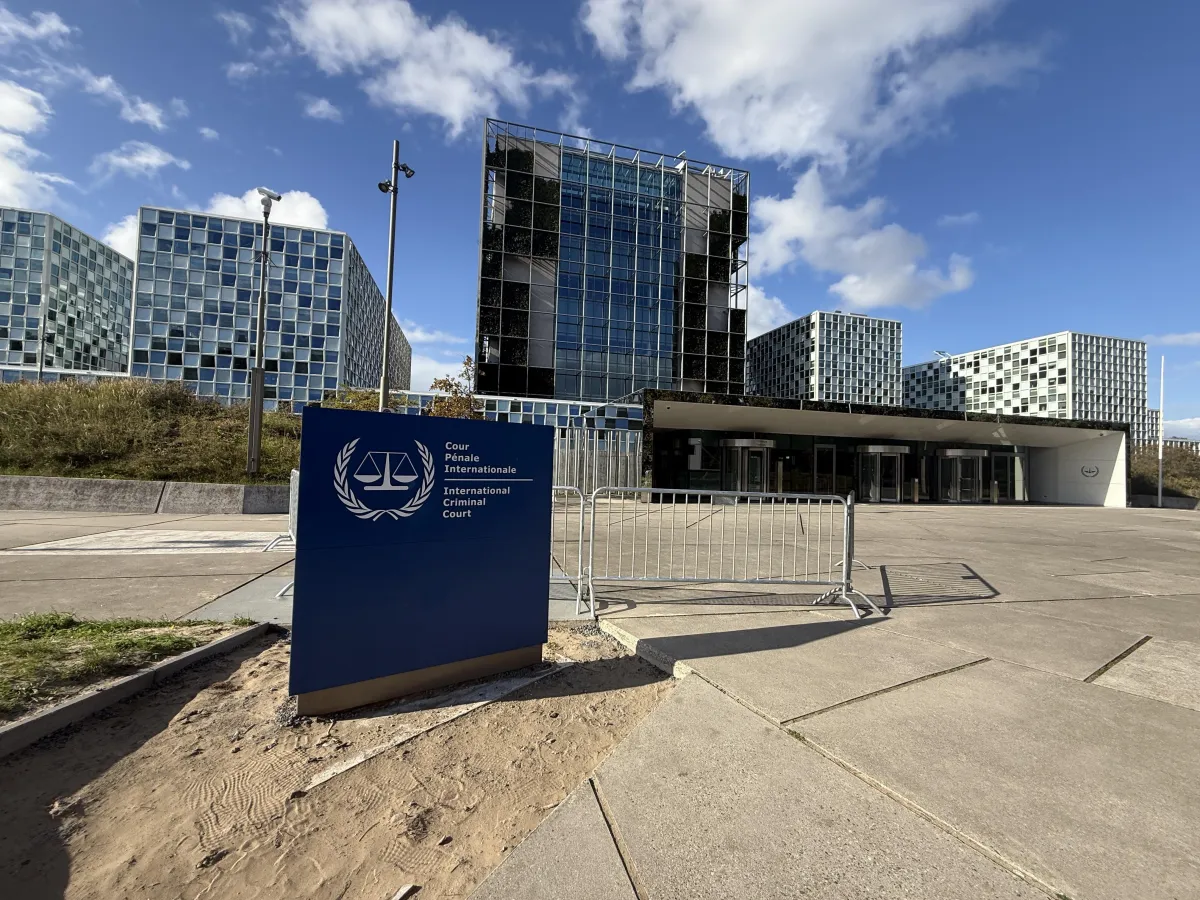
ICC Rejects Duterte’s Bid For Interim Release, Citing Flight Risk And Threat To Witnesses
THE HAGUE, Netherlands — The International Criminal Court (ICC) Pre-Trial Chamber I on 10 October 2025 rejected the request for the interim release of former Philippine President Rodrigo Duterte, ruling that his continued detention is necessary to prevent him from evading prosecution and obstructing the case. The 80-year-old former leader’s defense team had sought his temporary release on humanitarian and medical grounds, citing his age and alleged cognitive impairment.
In its 23-page decision, the ICC judges outlined three primary grounds for denying the request, stating that the risks associated with his release far outweighed the defense's medical arguments.
Major Objections Cited by the ICC
The Chamber ruled that Mr. Duterte's detention remains necessary based on the following three grounds under the Rome Statute:
Flight Risk: The court found that Mr. Duterte continues to pose a flight risk, citing his repeated public rejection of the ICC's legitimacy (which he and his supporters have called "pure and simple kidnapping"). The judges specifically noted the public statements and actions of his close family, including Vice President Sara Duterte, and his political contacts, which they believe could assist him in absconding and evading trial. The Chamber noted that Mr. Duterte's network of support and position as a former president may help him elude prosecution.
Obstruction of Proceedings: The court concluded that Mr. Duterte and his network pose a threat to potential witnesses and the integrity of the investigation. The judges cited his history of using his influence and the fact that one of his sons, Sebastian Duterte, holds a powerful position as the acting mayor of Davao City—one of the key locations of the alleged crimes—which could facilitate obstruction.
Risk of Continued Commission of Crimes: The Chamber noted the serious nature of the charges and the potential for a lengthy sentence if convicted. Furthermore, the ruling pointed to Mr. Duterte’s re-election as Davao City mayor and past comments, stating that his release could place him "in the very position that allowed him to commit the crimes for which his arrest and surrender to the court was initially sought."
Regarding the defense's primary argument, the Chamber dismissed the medical reports detailing Mr. Duterte's alleged cognitive impairment, calling the defense’s interpretation "purely speculative and without basis." The judges stressed that the documents failed to demonstrate how his health condition negated the identified risks, adding that the detention center is equipped to provide the appropriate medical care he requires.
Reactions from Involved Parties
The ruling drew immediate, starkly contrasting reactions from both the defense and the parties representing the victims.
Mr. Duterte’s defense counsel, Atty. Nicholas Kaufman, labeled the decision "erroneous," arguing that the judges unjustly dismissed the "unprecedented State guarantees for a debilitated and cognitively impaired 80-year-old."
The former president's son, Paolo Duterte, who currently serves as a member of the Philippine House of Representatives, issued a fiery statement criticizing the court. He described the decision as "a gross and disgraceful miscarriage of justice," asserting, "It is not law, it is a political theatre."
In contrast, Atty. Kristina Conti, one of the assistant counsels representing the victims in the case, welcomed the decision but maintained caution. Atty. Conti commented that the ruling was "mollifying, but at the same time acutely reminds us of how influential the Dutertes still are," underscoring the ongoing concerns about witness protection and political influence in the Philippines.
The ICC’s decision on interim release is separate from the ongoing determination of Mr. Duterte's fitness to stand trial, which is the next key phase in the case.
The victims' camp lawyer, Kristina Conti, had previously been vocal about concerns related to proposals for house arrest, as detailed in this video on the Senate resolution.

